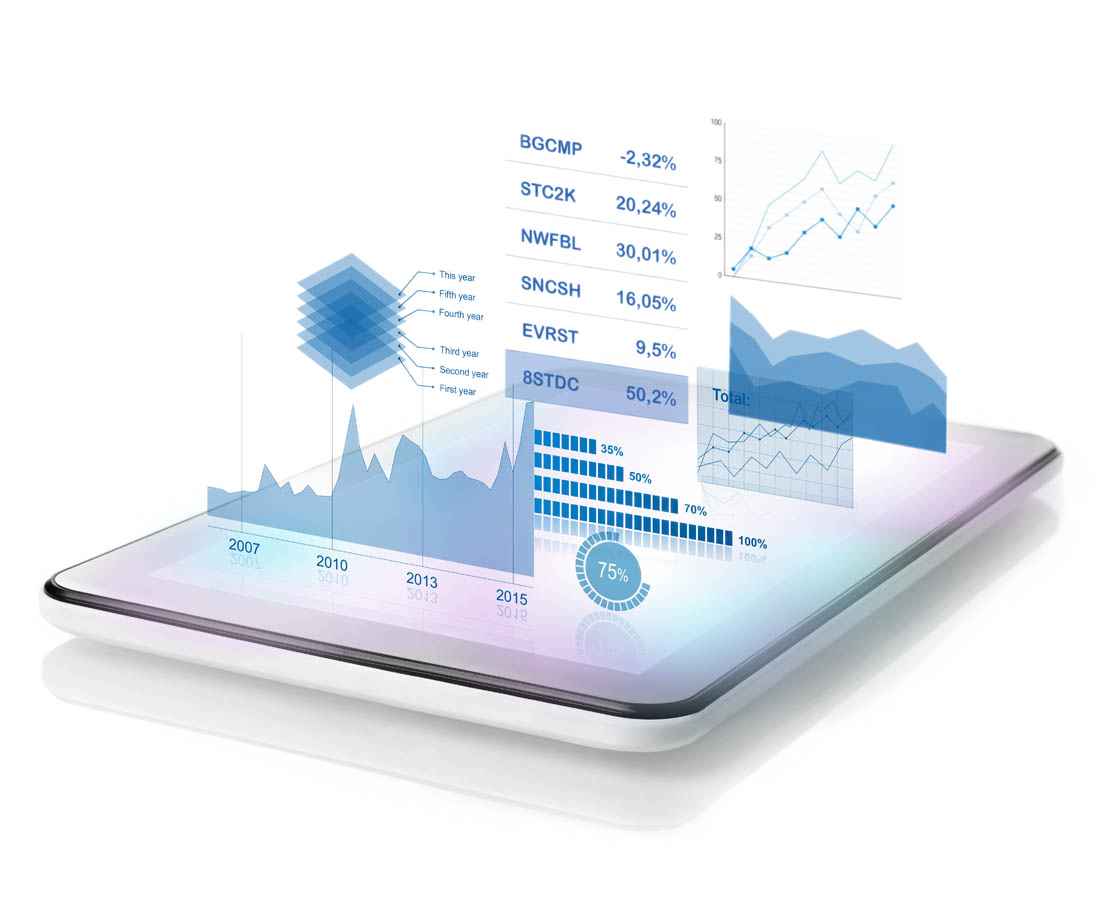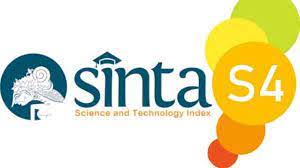Implementasi Aliran Progresivisme dalam Pembelajaran Menurut Filsafat Pendidikan dan Perkembangan Kurikulum di Indonesia
Abstract
The Implementation of Progressivism in learning according to the philosophy of Education and curriculum development in Indonesia aims to make readers understand the implementation of Progressivism and examples of its curriculum which are explained in detail in the Education curriculum in Indonesia. The method used in this article is a qualitative method using a library research approach. In this stage, the researcher tries to select data (books) that are related to the flow of progressivism and its characters. The results of this study indicate that the flow of progressivism is a school of educational philosophy that supports the changes and progress of education in accordance with the changing times. This flow was influenced by William James, John Dewey, and Hans Vaihinger. The goal of the flow of progressivism is to produce students who can think practically, and can solve problems effectively in an increasingly developing and advanced environment by using their experiences. Educators only act as motivators, give directions or mentors of students. Progressivism flow uses non-authoritarian learning and indoctrination. The curriculum used is flexible, free, open and does not indoctrinate students. Indonesia is one of the countries that is developing its curriculum so that it is not left behind and can compete with international education.
Copyright (c) 2022 An Nisa Rahma, Hafidhotur Rohmah, M. Yunus Abu Bakar

This work is licensed under a Creative Commons Attribution-ShareAlike 4.0 International License.
This journal provides immediate open access to its content on the principle that making research freely available to the public supports a greater global exchange of knowledge.

Komunika by http://ejournal.iainu-kebumen.ac.id/index.php/An-Nidzam/ is licensed under a Creative Commons Attribution-ShareAlike 4.0 International License
Authors who publish with this journal agree to the following terms:
- Authors retain copyright and grant the journal right of first publication with the work simultaneously licensed under a Creative Commons Attribution License that allows others to share the work with an acknowledgement of the work's authorship and initial publication in this journal.
- Authors are able to enter into separate, additional contractual arrangements for the non-exclusive distribution of the journal's published version of the work (e.g., post it to an institutional repository or publish it in a book), with an acknowledgement of its initial publication in this journal.
- Authors are permitted and encouraged to post their work online (e.g., in institutional repositories or on their website) prior to and during the submission process, as it can lead to productive exchanges, as well as earlier and greater citation of published work (See The Effect of Open Access).










1.png)


